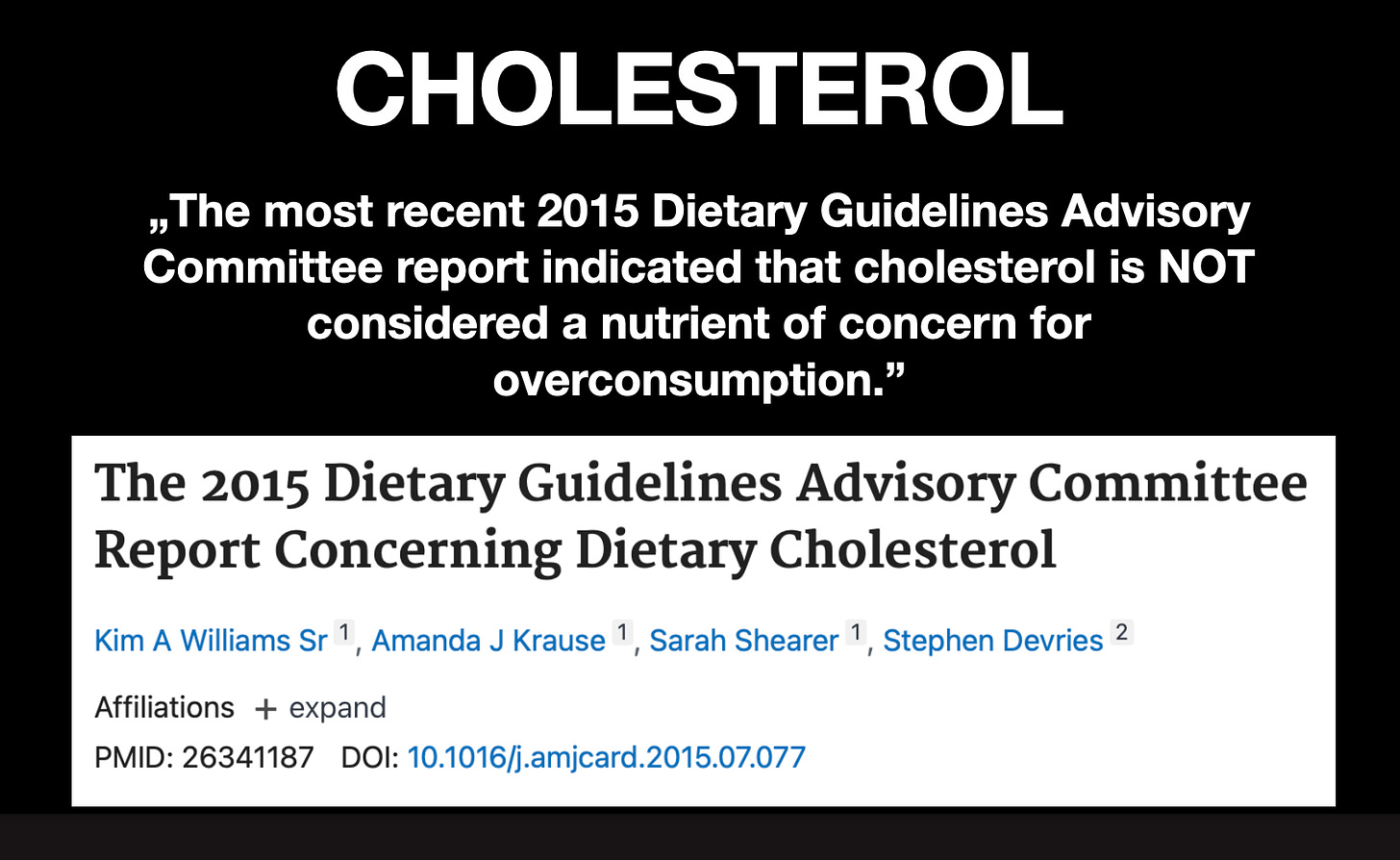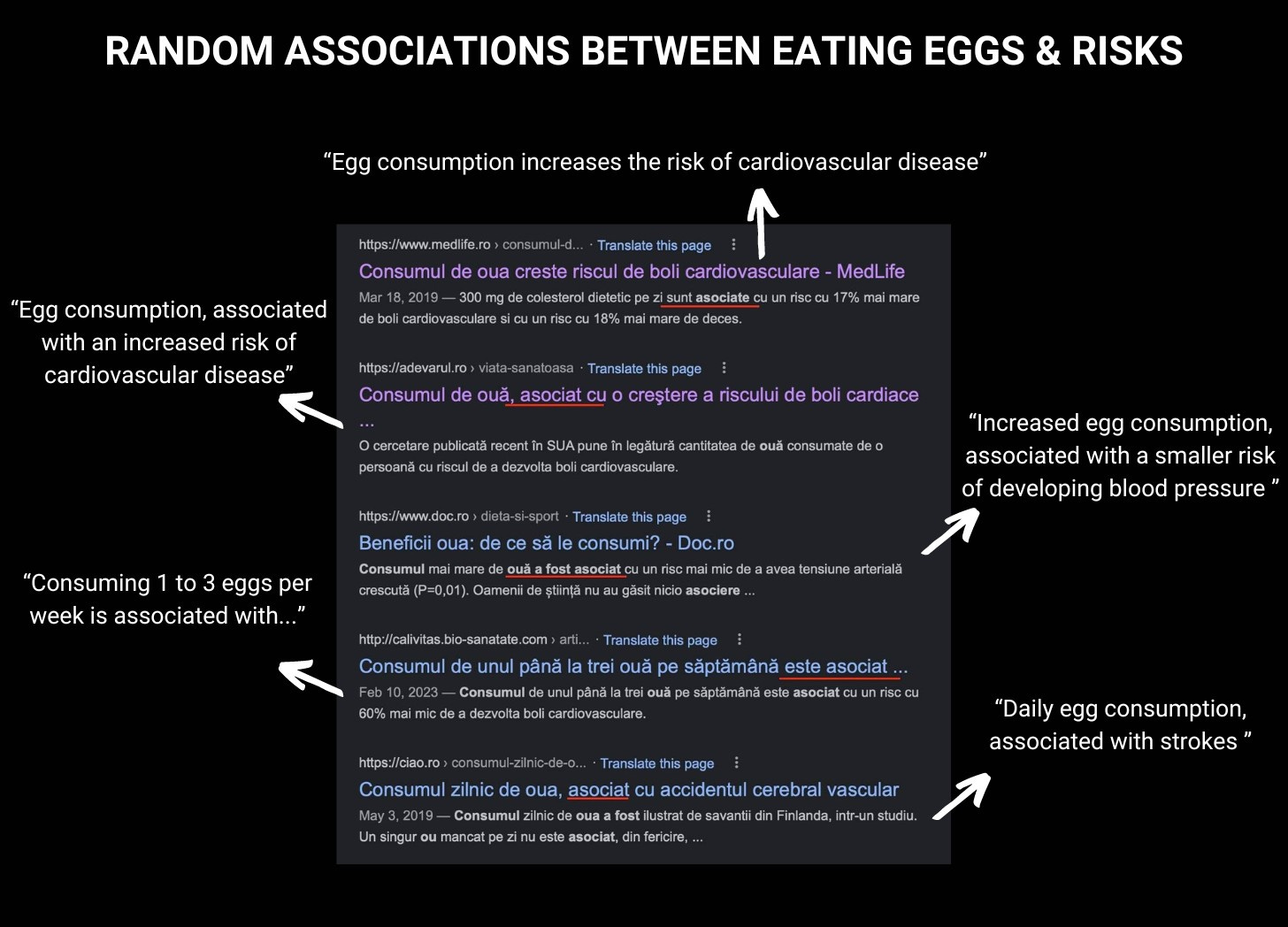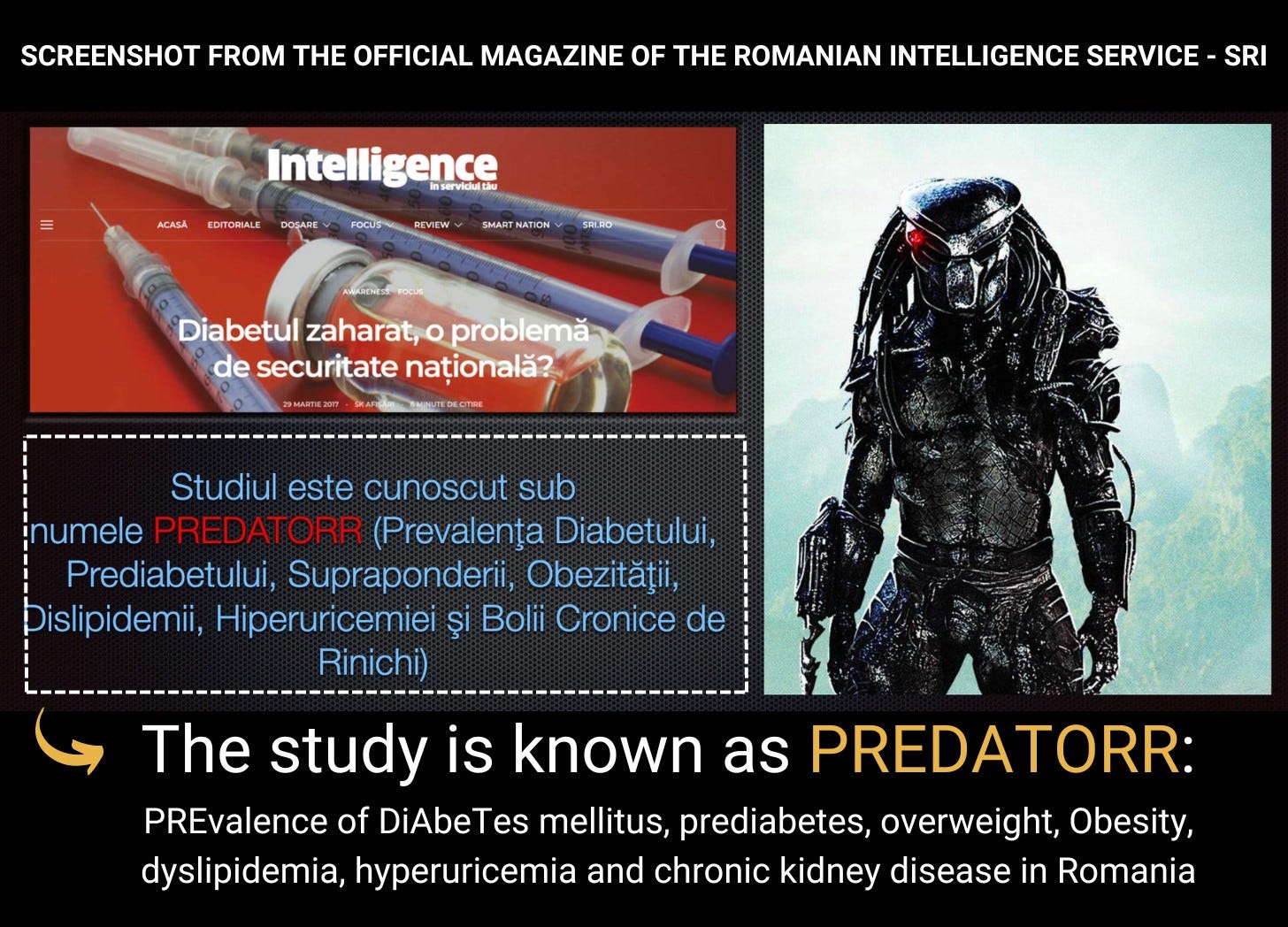About Eggs & Cholesterol
For 13 years, I’ve been eating 5-6 eggs daily. My kids eat eggs every day, our community members are trained to eat 2-3 eggs per day.
✅ BEFORE ANYTHING ELSE
You should know this: there are NO studies in the past 70 years concluding causality between „excessive” egg consumption and any disease you might think of.
In 2015, the US government has removed cholesterol from the list of concerning substances.
Still, there are dozens of epidemiological studies affirming all sorts of strange associations.
👉 However, association DOES NOT EQUAL causation. Article on the difference between the two:
The difference between association and causation
This is a brief lesson that will teach you how to interpret studies and research. We will start from these words: „associated with”. On TV and online there are hundreds of news pieces and articles that begin like this: “Egg consumption has been ASSOCIATED with an increased risk of blood pressure”.
✅ CHOLESTEROL IN EGGS
You have maybe asked yourself: how much cholesterol is there in eggs? Let’s see:
373 mg in 100g of chicken egg;
844 mg in 100g of quail egg;
880 mg in 100g of duck egg;
998 mg in 100g turkey egg.🦖
Basically, the chicken egg exhibits the smallest amount of cholesterol from the 4 examples presented above.
There is also this myth: “quail eggs contain no cholesterol”. Obviously, it’s just a myth. There are no eggs without any cholesterol.
🏆 PRO Tip: cholesterol is found in the membrane of cells of animal origin. Any animal origin product will contain cholesterol. Vegetal products = zero cholesterol.
In Romania, a very popular selling point for sunflower oil is its lack of cholesterol.
Sunflower oil has never ever contained cholesterol, but it sells better if the “no cholesterol” message is written on the label.
It’s like writing “no fat content” on a pack of sugar. It’s 100% true. 🙂
✅ CHOLESTEROL
Cholesterol is a part of every cellular membranes in the body.
80% of bile juice is cholesterol;
25% of the total cholesterol amount in the human body can be found in the brain.
Cholesterol is essential for life. Luckily, 90% of the daily cholesterol requirement is produced by the liver. Yes, the liver produces cholesterol. 🙂
In case of “emergency” – famine, war, choosing not to eat cholesterol – every cell has its own internal cholesterol production factory.
✍️ Practically, the more cholesterol we eat, the easier it is for the liver to work – we allow the liver to handle more important tasks.
✅ STILL… WHAT ABOUT CHOLESTROL?
Just like me 15 years ago, 80% of people I start working with have high levels of total cholesterol, LDL and VLDL. At the same time, they have low levels of HDL.
This is the exact conclusion of the PREDATORR (Prevalence of diabetes mellitus and prediabetes in the adult Romanian population) study as well.
Another conclusion from the study above: Romania is #1 in Europe in diabetes (11.6%). Romania is also #1 in pre-diabetes (18%).
Basically, 30% of the adult population in Romania was either diabetic or about to become diabetic. This was 10 years ago.
The Body Engineering program has a protocol aimed at normalizing cholesterol levels. One of the components of this protocol involved eating 3-4 eggs a day, every day for a minimum of 3 months.
Surprisingly, egg consumption can help decrease total cholesterol levels in the blood. It can also lead, in time, towards increased HLD cholesterol – the “good” cholesterol.
SOURCE 1 / SOURCE 2 / SOURCE 3
I don’t think that eggs are the culprits for increased cholesterol or triglycerides level. I believe the main suspects are: sugar, starch and alcohol intake; a static lifestyle; being overweight; severe insulin resistance; diabetes.
✅ GOOD VS BAD CHOLESTEROL
There actually is no “good” or “bad” cholesterol, but rather important KPIs:
Total cholesterol / HDL < 4;
Triglycerides / HDL < 1
🏆 PRO Tip: the higher the figures of those KPIs, the higher the risk of cardiovascular disease and diabetes.
In my case: first KPI is 2.8 and the second KPI is 0.7.
✅ THE TRUTH
The message of the President of World Heart Federation: “You can have as many eggs as you want daily”. He presented the conclusions of the PURE study (sample: 135335 people in 17 countries, over 7 years). Here is a message in the VIDEO below:
Keep reading with a 7-day free trial
Subscribe to Valentin Bunea English Edition to keep reading this post and get 7 days of free access to the full post archives.








